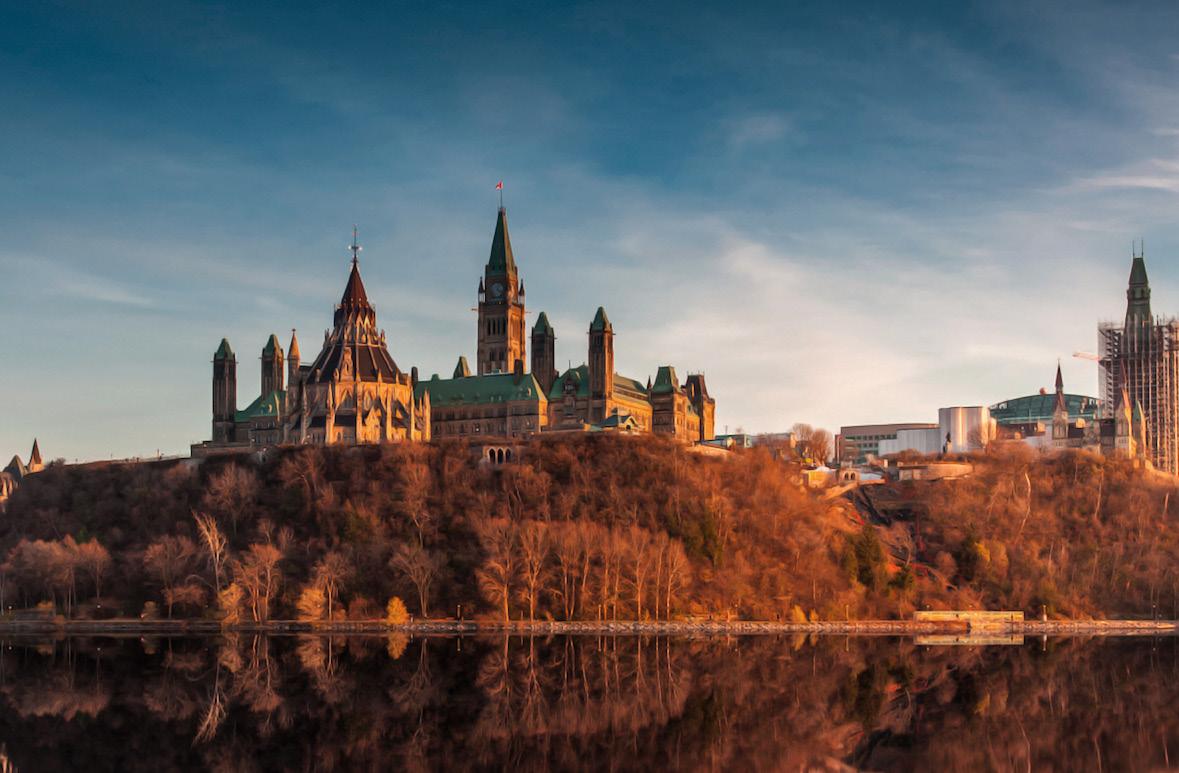
2 minute read
ADVOCACY CORNER

By Michelle Coates-Mather, Vice President, CIPMA
Advertisement
Line 5 a test of political will
With a quick executive order, President Biden has signaled the end of U.S.-Canadian pipelines. Keystone XL has been brought to its knees, and the Liberal government gave nary a hint of political will to push against the decision. Joe Biden has spoken.
Not so the case for Line 5. Natural Resources Minister Seamus O’Regan has referred to Michigan’s order to shut down Line 5 as a threat to this country’s energy security and considers the continued operation of the Line “non-negotiable.”
O’Regan isn’t taking this fight lightly, noting he is prepared to invoke whatever measures are necessary to ensure the line remains operational. He has outright rejected Governor Whitmer’s assertion that Enbridge has refused to take action to protect the Great Lakes, noting it is a safe pipeline. While the Liberal government continues to work toward a clean energy transition, the cancellation of Line 5 would result in devastating job losses with upwards of 5,000 direct and 23,500 indirect jobs lost, according to the St. Lawrence Corridor Economic Development Commission. Although the majority of those jobs are in the Conservativeheld riding of Sarnia, it’s a risk the Liberals are surely unkeen to take in vote-rich Ontario, where ballots cast can make the difference between a minority and a majority win for a Liberal government subtly positioning for a spring election.
The Advocacy Corner will be featured in the newsletter on a bi-monthly basis. We will continue to monitor and track all policy related issues that matter to you, our members, in the lead up to and post the federal election.
Supreme Court’s go-ahead on carbon tax a win for federal Liberals
On March 25 the Supreme Court of Canada brought an end to a four-year-long dispute between federal and provincial governments (Alberta, Manitoba, Ontario, and Saskatchewan) over the constitutionality of a national framework putting a price on carbon for consumers and industrial emitters.
In its ruling, the highest court has confirmed the threat of climate change is serious enough to warrant a national approach. Under the ruling, the Greenhouse Gas Pollution Pricing Act will allow the federal government to impose a federal tax on any province deemed not to meet a minimum set of national standards on carbon pricing.
This is a significant coup for the federal Liberals, emboldening their view that their re-election in 2019 is proof Canadians want to see governments take serious action to address environmental impacts. Environment and Climate Change Minister Jonathan Wilkinson quickly issued a statement that the ruling is “a win for the millions of Canadians who believe we must build a prosperous economy that fights climate change.”






